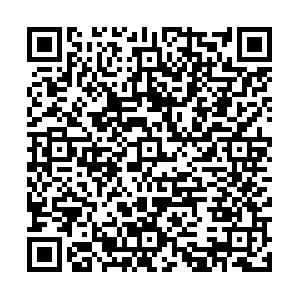摘要:
目的 了解在新的治疗策略扩大之际,广州市尚未开始抗病毒治疗的艾滋病病毒(human immunodeficiency virus,HIV)阳性者的抑郁症和焦虑症现状,并按感染时间分层分析社会支持、社会歧视和自我歧视对其的影响作用。方法 在广州市六个区对尚未开始抗病毒治疗的HIV阳性者进行横断面调查,收集调查对象的社会人口学特征,HIV相关健康状况,抑郁,焦虑,从外界领悟的社会支持、社会歧视及自我歧视情况信息,以抑郁和焦虑分别做因变量,其他信息做自变量进行二分类Logistic回归分析。结果 452名调查对象中,66.2%(299/452)和52.9%(239/452)的阳性者分别被评定为抑郁和焦虑。多因素分析结果显示,在感染时间<1个月的阳性者中,家庭支持(OR=0.80,95%CI:0.63~1.00,P=0.049)与自我歧视(OR=2.15,95%CI:1.36~2.44,P=0.001)会影响抑郁,重要他人支持(OR=0.68,95%CI:0.53~0.87,P=0.003)和自我歧视(OR=2.31,95%CI:1.55~3.43,P<0.001)会影响焦虑;在感染时间 ≥ 1个月的阳性者中,自我歧视(OR=2.72,95%CI:1.74~4.25,P<0.001)会影响焦虑。结论 广州市的HIV阳性者存在较高的抑郁和焦虑患病率,自我歧视是影响焦虑和抑郁发生的重要因素,不同来源支持对不同感染时间的HIV阳性者的抑郁和焦虑的影响作用不同,故应针对性地提供社会支持。
Abstract:
Objective To investigate the mental health status among PLWH (people living with HIV/AIDS) who had not started ART before in Guangzhou under the ART expansion era and to analyze the association between social support, social stigma and self-stigma with depression and anxiety in different time since confirmation of HIV infection, respectively. Methods A cross-sectional survey was conducted in 6 districts of Guangzhou. Data were collected on demographic characteristics, HIV-related health status, depression status, anxiety status, perceived social support, perceived social stigma and self-stigma of HIV positive participants. To investigate the influencing factors of depression and anxiety, respectively, Logistic regression analysis were applied to identify their associations. Results Of the 452 participants, the depression detection rate was 66.2%(299/452) and the anxiety detection rate was 52.9%(239/452). Multivariate logistic regression analysis revealed that, among PLWH with less than 1 month since confirmation of HIV infection, family support(OR=0.80, 95% CI:0.63-1.00, P=0.049) and self-stigma(OR=2.15, 95% CI:1.36-2.44, P=0.001) were significantly associated with depression, significant others support(OR=0.68, 95% CI:0.53-0.87, P=0.003) and self-stigma(OR=2.31, 95% CI:1.55-3.43, P<0.001) were significantly associated with anxiety; among PLWH with 1 month or more since confirmation of HIV infection, self-stigma(OR=2.72, 95% CI:1.74-4.25, P<0.001) was significantly associated with anxiety. Conclusions Depression and anxiety are common among people living with HIV/AIDS who had not started ART in Guangzhou. Self-stigma is an important influencing factor of anxiety and depression. Different source of supports have different effect toward depression and anxiety among PLWH in different time since confirmation of HIV infection, so the social support should be targeted to provide for PLWH.

 点击查看大图
点击查看大图



 下载:
下载: